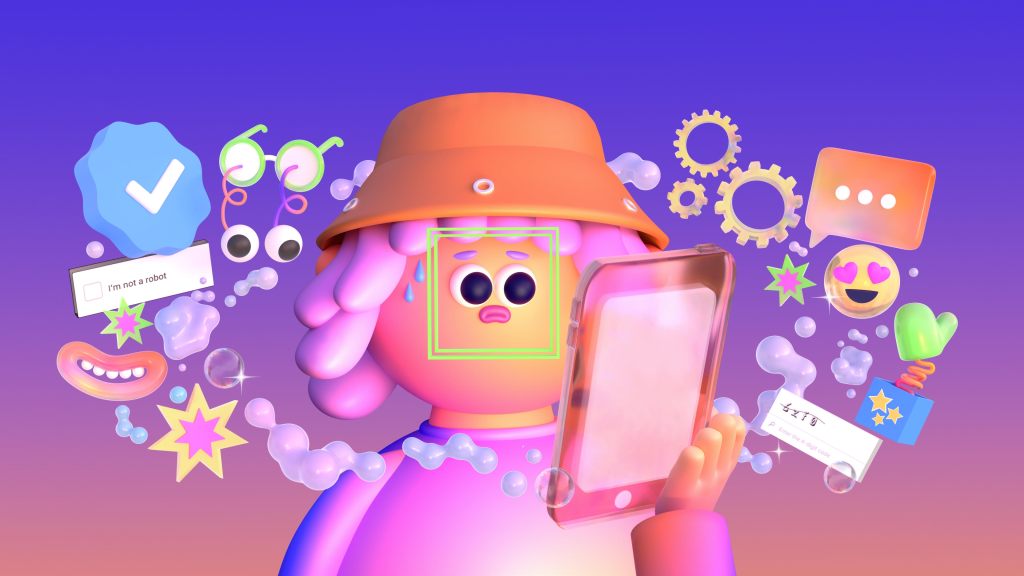If you feel exhausted after a crowded party during the holiday season, or networking at a conference, or even just happy hour with friends, you might consider yourself an introvert. Exhaustion after socializing has become part of the popular definition of introversion. Books like Susan Cain’s Quiet and a proliferation of blogs offer advice for introverts on meeting new people, navigating careers and relationships, and dealing with the dreaded “introvert hangover“—the physical and mental fatigue that can follow prolonged or intensive socializing.
As the writer Shawna Courter puts it in a post for the website Introvert, Dear, “Introverts have a more limited ration of energy available for socializing, compared to our more extroverted counterparts.“ Too much socializing, Courter says, can lead to physical symptoms like ringing ears, blurred vision, and sweaty palms. Other, similar blogs mention headaches, difficulty focusing, and anxiety.
Videos by VICE
Despite the sheer number of blogs and books on the subject, however, there’s actually very little evidence that introverts are uniquely susceptible to this social hangover. In fact, one of the few studies directly examining fatigue and sociable, extroverted behavior actually suggests that everyone—introverts and extroverts alike—is worn out by social situations.
More From Tonic:
A pair of researchers at the University of Helsinki in Finland surveyed 48 students over the course of 12 days, asking them about their social behavior, their work, their mood, and how tired they felt. The study, published online in the Journal of Personality in 2016, “showed that extroverted behavior makes you perky and alert at the moment, and also happier, but after a couple of hours you’re more tired,“ says coauthor Sointu Leikas. While the sample size was small, she says, there didn’t appear to be a link between feeling tired and personality type. “Personality doesn’t seem to matter at all.“
“There is absolutely no scientific evidence on introverts becoming more tired or somehow depleted from active social behavior,“ Leikas says. “Basically all scientific evidence seems to suggest that that’s not how it is. Introverts do not become more tired, [and] it’s not more difficult for them [to be social].“
Just because both extroverts and introverts get tired doesn’t mean there’s no distinction between the two personality types. “One very simple difference is that extroverts behave in an extroverted way much more often than introverted people,“ she says. Just how extroverted a person is seems to predict the frequency of their social interactions, rather than how tired they get from all that talking.
A lot of people may have concluded they were introverts based on blogs and books like Quiet. But Leikas says this trend “reflects the fact that everybody becomes tired from extroverted behavior. Because we have been told that that’s introversion, then we think that we’re introverts, but we’re actually not.“
Personality researchers like Leikas are still trying to tease out the connection between the traits commonly associated with extroversion. It might be that the definitions are too broad, or that traits like sociability and excitement-seeking don’t actually have a connection. But when it comes to exhaustion after socializing, labels don’t really matter. After going out, everyone needs a bit of a break.
Read This Next: How to Tame Your Inner Attention Whore




